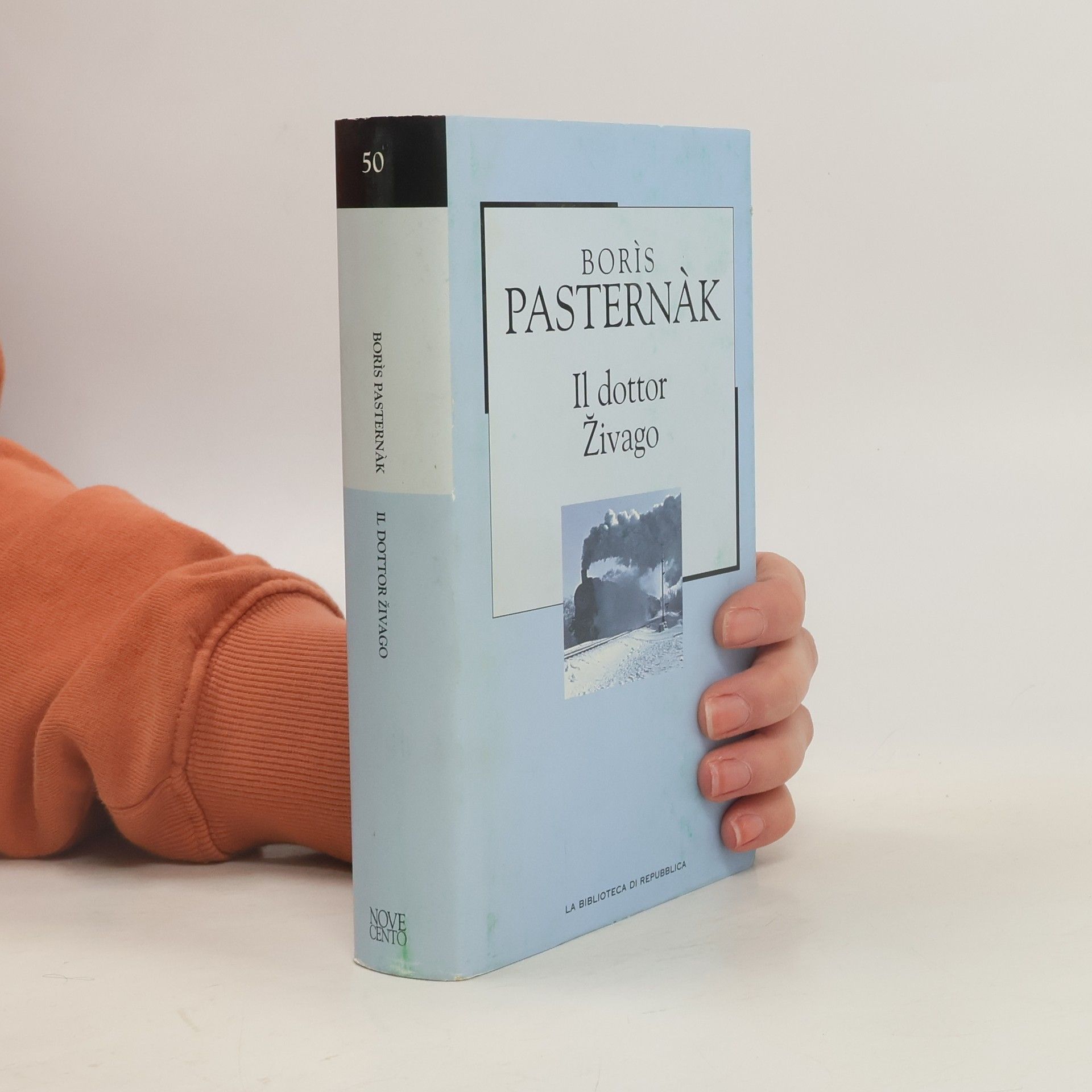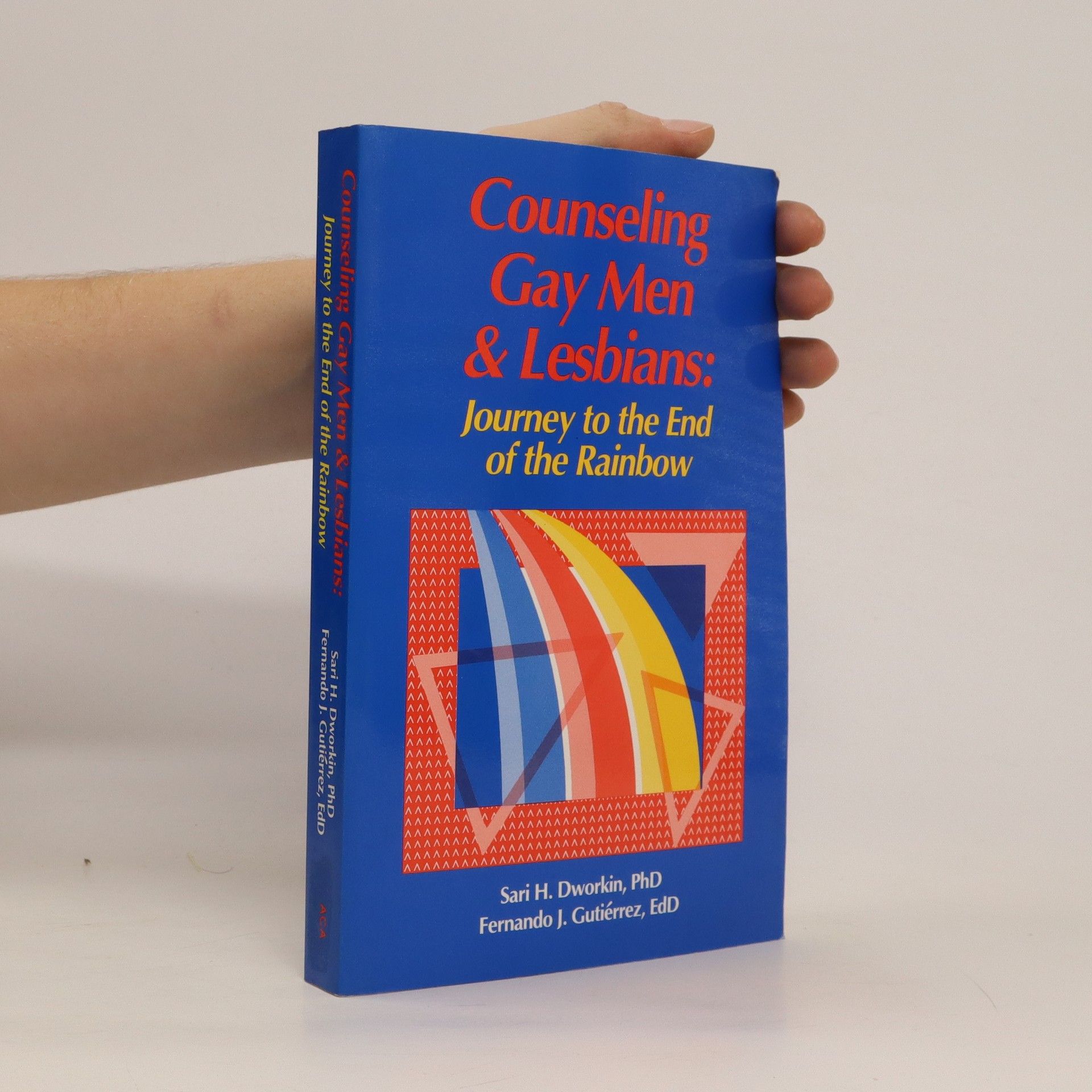Counseling Gay Men & Lesbians
- 348pagine
- 13 ore di lettura
In the past decade, assisting gay and lesbian clients with the coming out process, helping clients to manage stigmatized identities, and assisting counselors in removing their homophobic attitudes were the first priorities in dealing with homosexuality. This book outlines some of the issues that gays, lesbians, and bisexuals must deal with beyond the coming out process. It demonstrates, through the case method approach, effective techniques utilized by gay-, lesbian-, and bisexual-affirmative practitioners. The text focuses on the practical aspects of working with these populations and examines such issues as raising children, coupling, and dealing with physical disabilities and other concerns. Each chapter contains case material, either specific or composite, to illustrate the techniques of gay- and lesbian-affirmative psychotherapy. The chapters appear under five sections: developmental issues, marriage and family counseling, diverse populations, incidents of violence, and counseling techniques. Some of the topics covered include career counseling for gays and lesbians, counseling older gay men, counseling lesbian couples, incest survivors, survivors of antigay violence, helping someone to die, ethical considerations, and other topics of interest. An appendix lists professional associations and resources for lesbians, gays, and bisexuals. (RJM)

